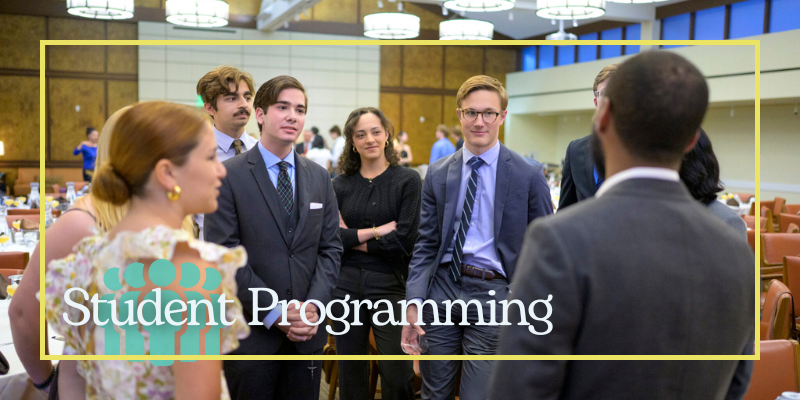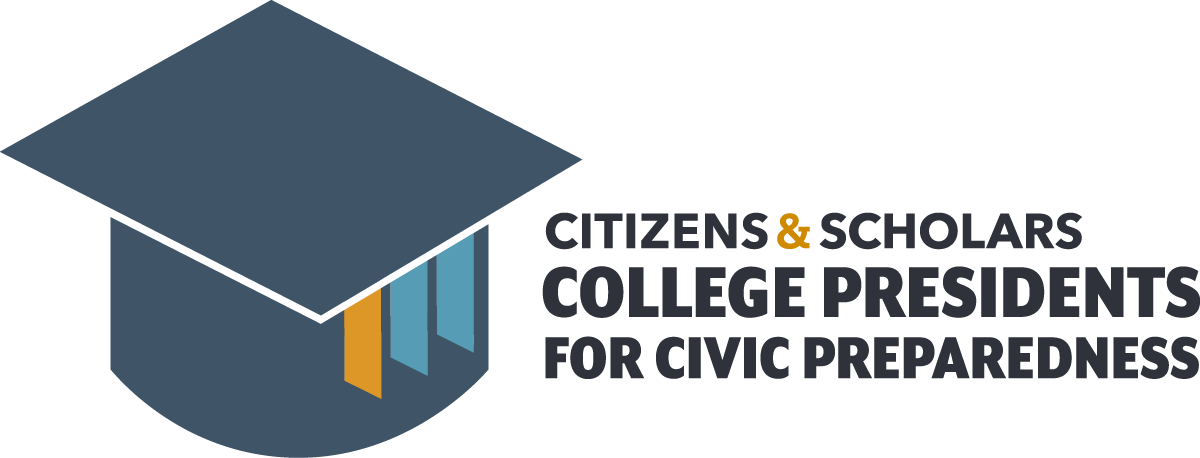Unscripted Student Programming

A university’s dialogue initiative is only as effective as its ability to reach its students. These schools have implemented student programs designed to make dialogue an everyday part of the campus experience.
American University
At American University, students, faculty, and staff prioritize productive conversations about difficult topics through Dialogue Across Differences, an ongoing series fostering a more inclusive and connected campus. Gathering in small groups, participants from all corners of AU embrace challenging discussions guided by facilitators. A student-produced documentary by Giovana Roskosz Reis offers an unfiltered look at campus perspectives on civil discourse. Through candid interviews, students share their thoughts on the current climate at AU and the question: how do we build an inclusive community where belonging and voice are not just words but lived and felt experience across campus?
Claremont McKenna College
Claremont McKenna College‘s Open Academy initiative serves as a national model for making freedom of expression, viewpoint diversity, and constructive dialogue (the CMC Commitments) a part of the everyday experience on campus.
The Open Academy offers pervasive opportunities for students to build capacity and develop mastery of these commitments through programs including speakers, salons, first- and second-year programming, seminars, debates, and co-curricular activities. As a campuswide initiative, the Open Academy develops values of critical thinking, mutual respect, and leadership for every student.
Denison University
For many college students, orientation is full of icebreakers, campus tours, and speeches about school traditions. But at Denison University, incoming classes are experiencing something different: a debate. The goal is to model productive conversations about divisive issues from a student’s very first moment on campus. Denison organized a debate for the Class of 2028 on the question: Should colleges and universities reinstate SAT/ACT requirements for admission?
James Madison University
Want to get students to talk to one another? Train peers to facilitate these conversations. Want to give students real-life skills beyond the classroom? Create a living-learning community where meaningful exchanges thrive. At James Madison University, Better Conversations Together: Deliberation is required for all new students. It starts before they even arrive, with virtual sessions laying the groundwork. At orientation, small-group discussions push them to listen, understand, and engage across differences.
And it’s working: the initiative is showing double-digit improvement in students’ willingness to listen to opposing viewpoints and recognize today’s issues as more complex than they did before.
Wake Forest University
Wake Forest’s Leadership and Character Scholars Program is shaping students into leaders who understand the importance of community, values, and service. Austin Torain, a scholar from the class of 2024, sees himself as a bridge builder—someone who connects people across divides. For him, music is a powerful unifier, and engaging with others from different backgrounds is a way to learn, grow, and bring people together.
Whitman College
The Dialogue & Dignity Series at Whitman College creates space for honest, respectful conversations across differences. It launched in January 2024 in response to urgent questions facing our community and world—beginning with the conflict in Israel and Gaza—and has since grown into a broader commitment to learning how to talk, listen and build understanding even when we don’t agree. The series is co-led by President Sarah Bolton, Provost Elisabeth Merman-Jozwiak, Dean of Students Kazi Joshua and Vice President for Inclusive Excellence John Johnson, with support from faculty, staff and students who care deeply about making dialogue a meaningful part of campus life.
